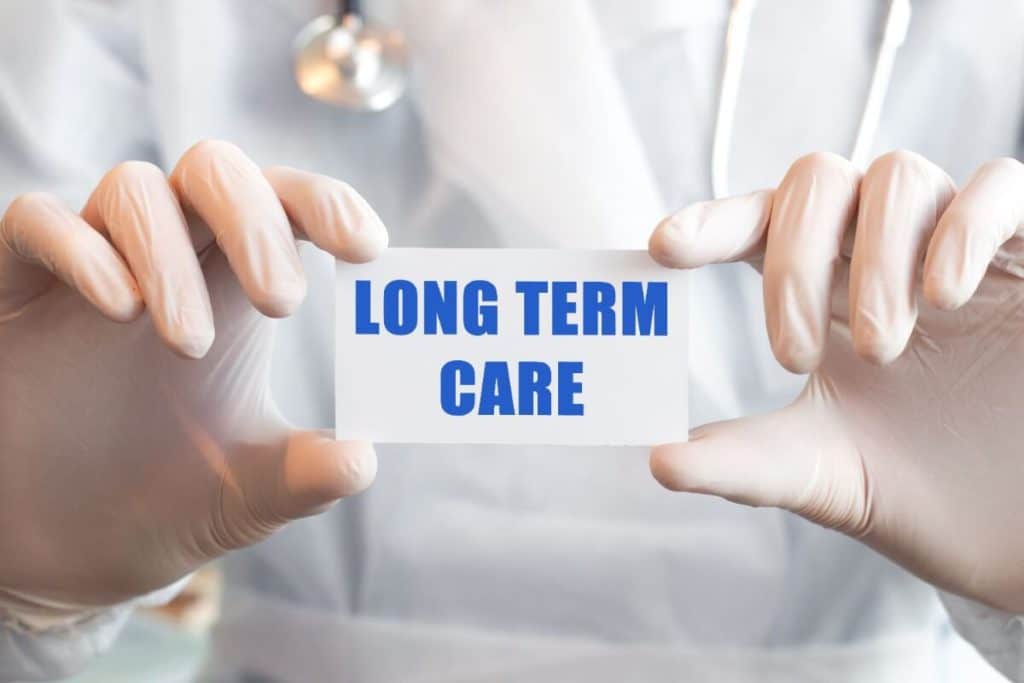In Virginia, when an elderly loved one must remain in a nursing home situation or community-based care for more than 30 days and needs the help of Medicaid to do so, they must undergo pre-screening. This screening is undertaken with the goal of making certain they qualify for long-term care. The team that conducts this screening usually comprises a service worker from the local social services and a nurse from the local health department. This team determines whether the person for whom care is sought actually has mental or physical need of the care, and that they meet the asset-based eligibility requirements.
To meet the physical requirements, the person must be unable to accomplish elements of daily living unassisted, such as:
· Eating;
· Bowel and bladder function;
· Bathing;
· Dressing;
· And so on.
The assessors also look at other aspects of the person’s quality of life, such as:
· Whether they exhibit behaviors exhibiting mental incapacity, like disorientation or wandering;
· Whether they have joint motion and mobility;
· Whether they are capable of administering their own medications.
· And so on.
It is important that you point out to the screening team, in detail, all the ways in which your loved one needs help, despite any embarrassment it may cause. There is nuance here—for example, your father may be able to pull his pants up, but perhaps he can’t use the zipper or button the top button. While you don’t want to magnify your loved one’s diminished ability, leaving out any specific information may lead the screening team to mistakenly conclude that your loved one does not need aid when in fact they do.
We Can Answer Medicaid Pre-Screening Questions
If you or your elderly loved one is considering possible long-term care, and believe Medicaid may be an option, view Promise Law’s free Medicaid workshop. The workshop is available “on demand” and provides a great foundation of information that everyone needs to understand Medicaid long-term care and be able to make good planning decisions. Moreover, if you attend a workshop you also get a complimentary 30 minute consultation with one of our attorneys to assess your particular situation.




